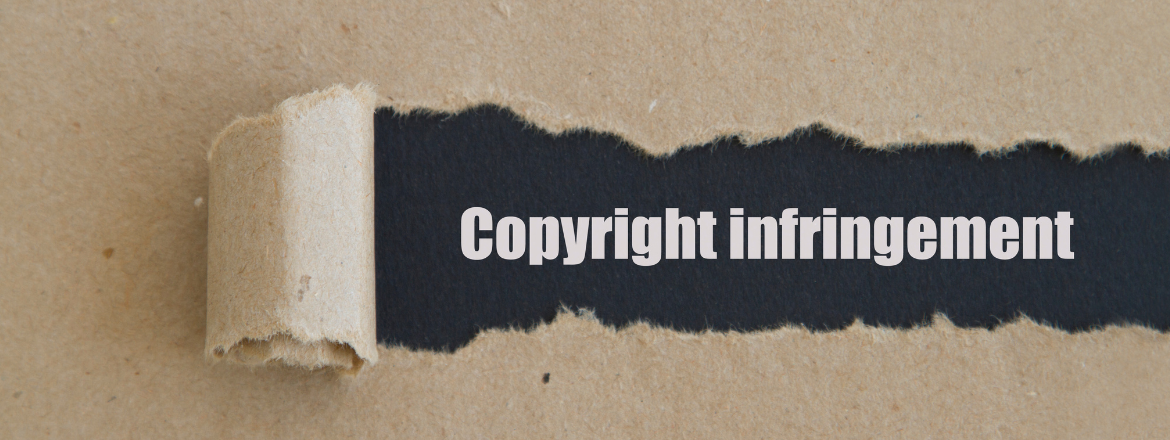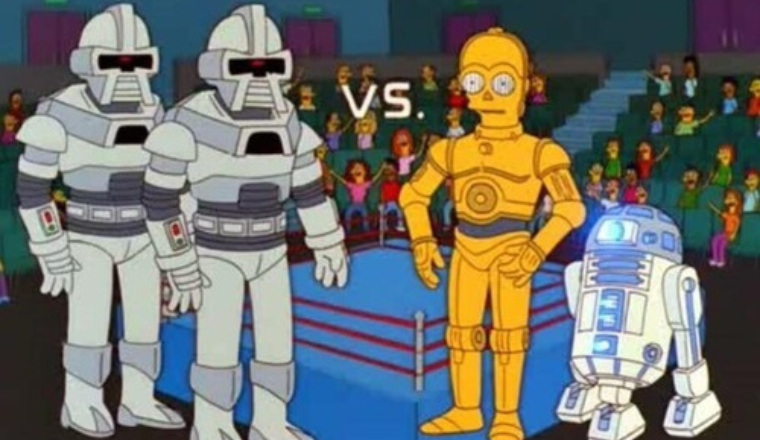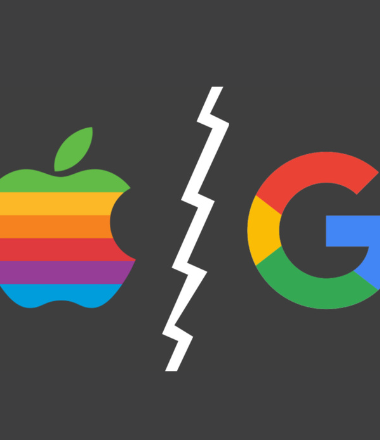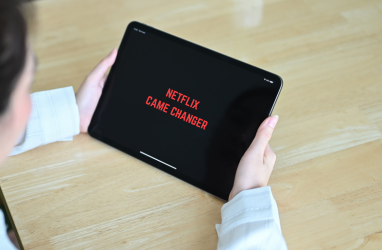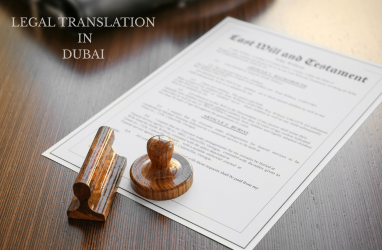What is Copyright Infringement
Infringement of copyright occurs when an individual unlawfully violates the exclusive rights bestowed upon a copyright proprietor without their authorization. When such a violation occurs, it often leads to copyright litigation—the legal process of resolving the dispute in court. The following high-profile cases are prime examples of the complex legal battles that can arise from claims of copyright infringement, showcasing the intricacies of the litigation process. These exclusive rights entail the freedom to duplicate, circulate, execute, showcase, and engender derivative works from a unique work of authorship.
What Does Copyright Litigation Involve?
Copyright litigation is the formal legal process initiated when a copyright holder sues another party for infringement. While each case is unique, the litigation process generally follows several key stages:
- Cease and Desist Letter: The copyright owner often sends a formal letter demanding the infringer stop using the copyrighted material.
- Filing a Lawsuit: If the infringer does not comply, the owner can file a lawsuit in federal court.
- Discovery: Both parties gather evidence, which can include documents, depositions, and interrogatories.
- Settlement or Trial: Many cases are settled out of court. If not, the case proceeds to trial, where a judge or jury will decide the outcome.
- Remedies: If the court finds in favor of the copyright holder, it may order remedies such as monetary damages and injunctions.
Ideas are a nebulous concept, and legally protecting something intangible can result in an interesting chain of events, especially when big names and corporations are thrown into the mix. We'll delve into some historic courtroom battles over alleged copyright violations and look at some of the most high-profile cases ever brought by well-known plaintiffs.
Here are the 15 most famous instances of copyright infringement:
1. The Tattoo Copyright Lawsuit: Whitmill vs Warner Brothers
Despite Hangover 2's success, its publisher, Warner Brothers, was sued by tattoo artist S. Victor Whitmill for using Whitmill's uncredited tattoo design without permission in the film and its promotional materials.
Despite Warner Brothers' claims that their use of the design was protected by the "fair use" policy, Whitmill pursued the case and sought a preliminary injunction that would have prevented the film from hitting theaters on schedule.
While the judge did rule against Whitmill's injunction request, he did agree that Whitmill still had a solid case and could pursue the lawsuit on other grounds.
An agreement was reached behind closed doors, and the film was released on schedule, thereby creating comedic history.
2. Music Copyright Litigation: Katy Perry vs Marcus Gray
Copyright infringement and the music industry go together like peanut butter and jelly, so it stands to reason that this sector accounts for the lion's share of high-profile cases.
Dark Horse, Katy Perry's 2013 smash single, was one of the year's biggest hits. Earning recognition for achievements like selling over 13 million copies worldwide, attracting billions of Youtube views, having the song performed live during the Super Bowl, and winning MTV's music awards for best female video music in 2014.
In spite of this, Marcus Gray, a rapper, sued Perry the same year, claiming that she had stolen the riff and beat from his song "Joyful Noise''. Legal representation for Katy Perry argued that Gray's statement is preposterous and that he is trying to hold "the basic blocks of music," which could harm all composers.
Damages for Gray's case were estimated at $2.78 million and were awarded to him by the court in 2019. The judge would overturn the initial decision, however, in 2020 after an appeal was submitted, claiming that there was simply insufficient evidence to support the case.
3. A Landmark Digital Copyright Case: The Music Industry vs Napster
A young technical genius named Shawn Fanning developed a piece of software called Napster in 1999 when the internet was still in its infancy. It is a peer-to-peer file-sharing application that allows users to freely share and download music.
Suffice it to say, Napster caught the attention of the music Industry. Metallica's drummer Lars Ulrich filed a lawsuit against the developer of the software in 2000, alleging copyright infringement, unauthorized use of a digital audio interface device, and racketeering.
This is believed to be the first case in which a well-known artist has directly sued a peer-to-peer file-sharing software company. This caused a domino effect in which major record labels like A&M and others began suing Napster. The plaintiffs accused the software company of vicarious copyright infringement and were eventually found guilty in 2002.
To the public's chagrin, Napster was forced to close that year, apologized publicly, and paid up to $26 million in damages.
This incident served as the catalyst for some people's animosity toward Metallica.
